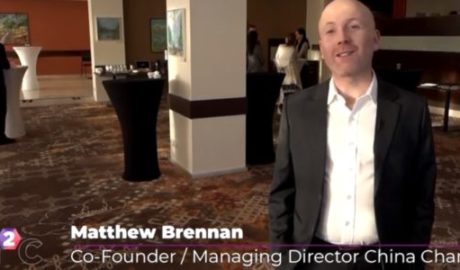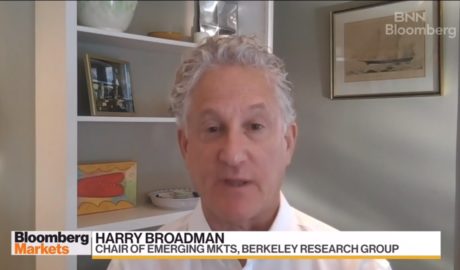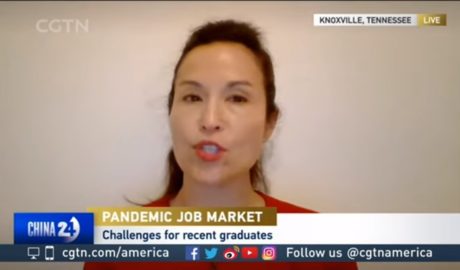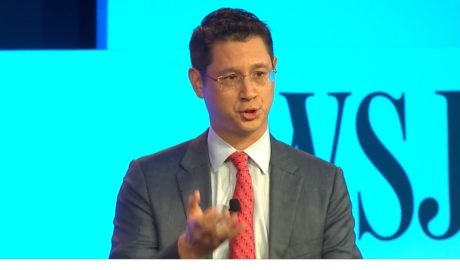China’s culture of overwork is unlikely to subside – Matthew Brennan
The shock was all around when a worker at China’s leading IT firm Pinduoduo recently collapsed and died under the pressure of overwork. But despite the fierce reactions, IT analyst Matthew Brennan, author of Attention Factory: The Story of Tiktok and China’s Bytedance, does not expect the culture of overwork in China’s IT firms will disappear, he tells Vice.Read More →





